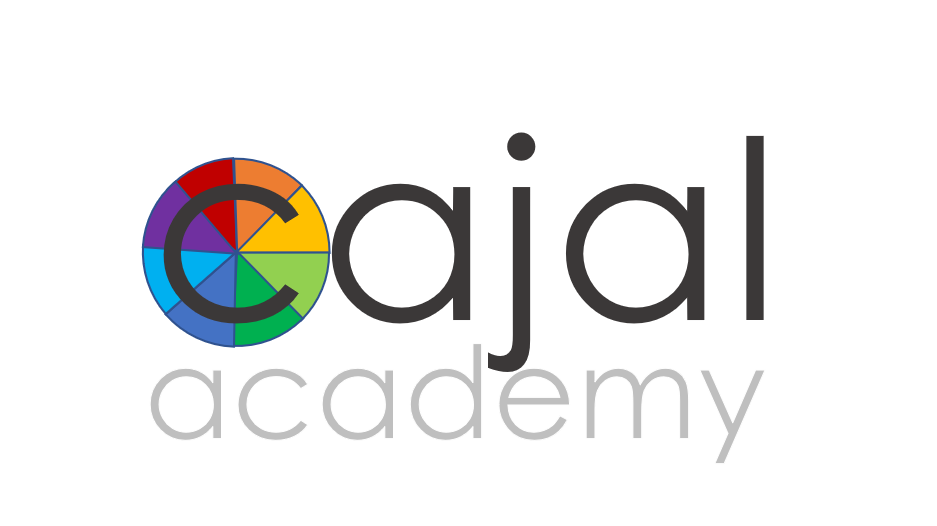Social-Emotional Growth
We help our students apply their analytical reasoning gifts to their social and emotional experiences, giving them not only a sense of agency but the science-backed strategies required to optimize those experiences
Students who have high intellectual gifts inherently see the world in unique ways. This is especially true for twice exceptional kids, who simply connect the dots differently—as evidenced by the tremendous advances that 2e thinkers like Albert Einstein, Agatha Christie and our namesake Santiago Ramon y Cajal have made in their respective fields. Like all of us, when they have the tools they need to turn their ideas into reality, these visions open up a future full of possibilities, but when they lack those tools, these same ideas can turn into torments.
Our Vision to Voice Curriculum integrates these executive function, self-regulation and leadership skills into our students’ everyday academic and social experiences, building the out-sized skills these innovative thinkers need to thrive. For students who have social-emotional challenges, we take this work to the next level with a data-driven, Student Growth Catalyst that identifies and enhances the specific neurocognitive and neurophysio skills that drive those challenges, so they’re ready to thrive.
Find out more about how we develop these skills below.
We develop the peer collaboration, communication and leadership skills that gifted students need to build followings for their visions and foster truly-inclusive neurodiverse communities
We coach students in how to understand their own social and emotional experiences on a neurophysiological basis, and turn those understandings into agency and an authentic growth mindset
We create highly-personalized social-emotional learning programs using our Catalyst Method for understanding and fostering student growth
We empower social-emotional growth by using a neuroscience-based approach, and turning it into a toolbox they can use for themselves
At the core of our approach is our Neuro- and Trauma-Informed Approach: a fundamental shift in how we understand why kids do what they do, and how we can help them to gain agency over those outcomes.
We propel sustained, cross-setting social-emotional growth by helping students understand how their learning, social & emotional experiences are influenced by their unique profiles—and how they can use those connections to improve their own outcomes. At the heart of this approach is the scientific reality that our thoughts, feelings and academic access are deeply influenced by our unique profile of neuropsychological “splinter skills” on the one hand, and our then-current level of neurophysiologic regulation on the other.








